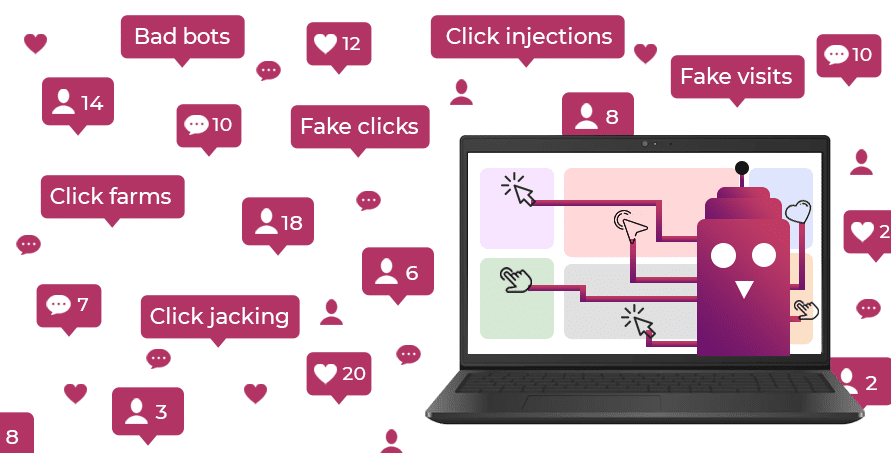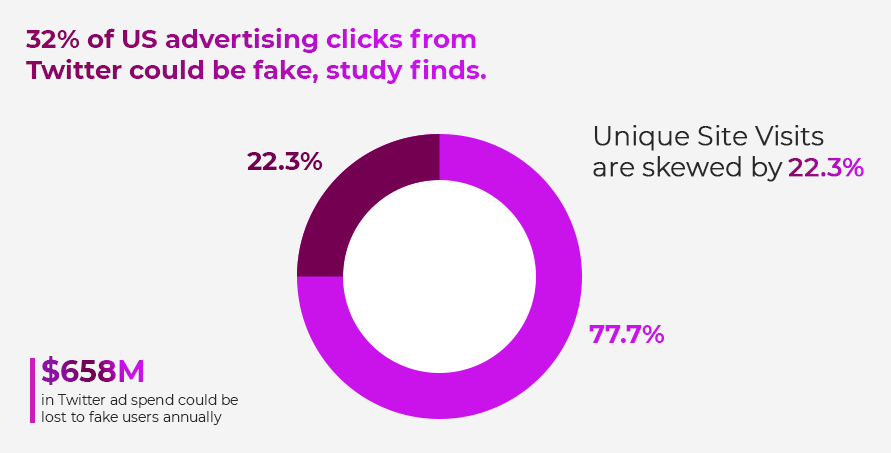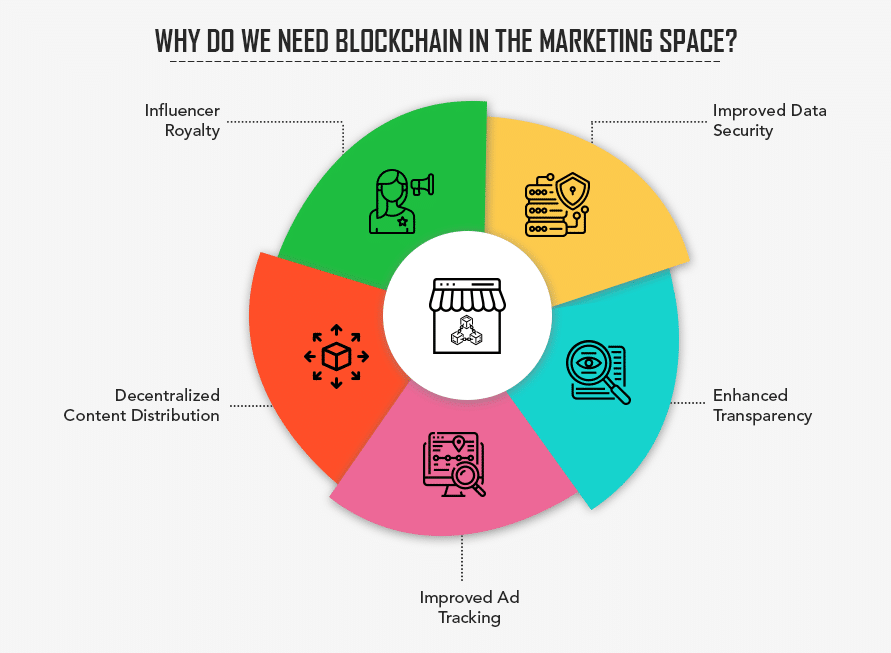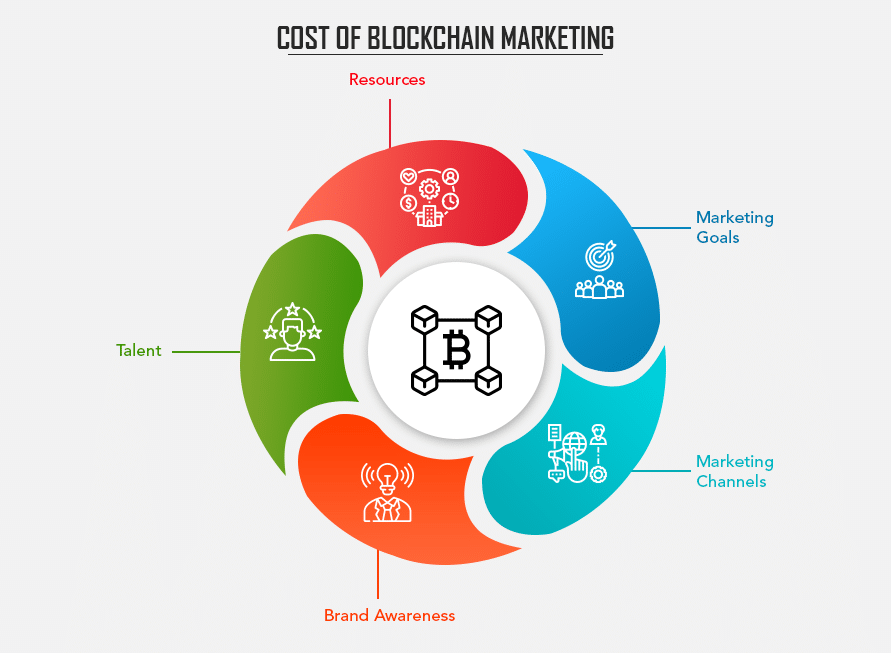What Is The Blockchain Marketing Cost?
Marketing isn’t just about taking your product or service to consumers! It is about how effectively you reach the targeted audience! From billboards to emails, from TV to tweets, marketing is everywhere we look, It’s the words we read and the images we see! We all know that blockchain development services are ubiquitous and blockchain applications are in every sector! But how can a distributed ledger like blockchain contribute towards marketing? Well, we got you covered!
What is Marketing?
Promoting a business and its products and services for selling or buying. Marketing is a business process that involves identifying, anticipating, and satisfying customer needs and wants through the creation, promotion, and distribution of products or services.
Marketing involves researching, identifying, and understanding customer needs, preferences, and behavior, as well as market trends and competition. Based on this knowledge, marketers develop and implement strategies to create and promote products or services that meet those needs, differentiate them from competitors, and persuade customers to buy them.
Purpose Of Marketing
According to Deloitte, 72% of marketers report that the role of marketing has increased in importance during the pandemic and post-pandemic years. There was a sudden surge in online shopping and the trend is continuing even in the post-pandemic period. Marketing encompasses a wide range of activities, such as advertising, sales promotion, public relations, direct marketing, digital marketing, and branding. It is a crucial function in any business, as it enables organizations to establish a
- Strong Brand
- Build Customer Loyalty
- Generate Revenue
Also with globalization, your targeted audience is the entire world itself! Consumers are no longer confined to only a particular demographic. With the brand’s different strategies and with influencers in the game, it is easy to reach the global market.
Challenges Faced by Traditional Digital Marketing

Image Credit: BSEtec
Changing customer behavior has posed serious issues regarding the existing marketing strategies. This is not new, customer behaviours have been changing and evolving all these years and in this digital era, the change is so random and soon, pushing marketers to rethink everything. The marketing sector faces several challenges, some of which include:
- Keeping up with changing consumer behavior: Consumer behavior is constantly evolving, and marketers need to stay up to date with these changes to ensure that their strategies remain effective.
- Elon Musk Vs Twitter Bots: According to CHEQ’s research, up to 15% of Twitter accounts are bots. This includes both good and bad bots – bots designed to perform helpful tasks (like weather updates or news alerts) and bots designed to manipulate conversations and spread misinformation. Here is a diagram of the statistical data provided by CHEQ.

- Click Farms: Click farms are the most common click frauds that generate more revenues through pay per click and yet it is the most difficult to detect if they are a human source or bots.
- Clickjacking: Clickjacking fools the users by making them think they are clicking on a link, but in reality, they are clicking a different link.
- Click Injections: Click injections are a sophisticated type of click spamming affecting Android devices. Fraudsters publish or have access to a downloaded app that listens to “install broadcasts”
- Ad Fraud within Mobile Marketing
- Fake impressions: Many ad frauds involve fake views that will obviously never convert. This makes the brand end up paying for worthless impressions.
- Click Injections: Click injections are a sophisticated type of click spamming affecting Android devices. Fraudsters publish or have access to a downloaded app that listens to “install broadcasts” and installs many malicious intent apps without the user’s knowledge.
- Click spams: Click spam starts when a user clicks a spammy website operated by a fraudster. A single click leads to a series of clicks making it a spam of clicks.
- False installs: One more Ad fraud that is prevalent is creating fraudulent traffic in order to drive revenue.
- Bad bots: Bad bots are malicious software that when gets installed starts spamming the device with malicious intent.
- Increasing competition: With more businesses entering the market and new technologies emerging, the competition for consumer attention and market share is becoming increasingly intense.
- Generating a return on investment (ROI): Marketing campaigns can be expensive, and businesses need to ensure that they are generating a positive ROI from their marketing efforts.
- Adapting to new technologies and platforms: With the rise of new technologies and social media platforms, marketers need to be able to adapt their strategies to reach consumers where they are spending their time.
- Ensuring brand consistency: As businesses expand globally, maintaining brand consistency across different markets and cultures can be a challenge.
- Data privacy and security: With increasing concerns around data privacy and security, marketers need to ensure that they are collecting and using consumer data in a responsible and ethical manner.
- Measuring the effectiveness of marketing campaigns: Measuring the success of marketing campaigns can be difficult, and marketers need to ensure that they are using the right metrics to accurately assess the impact of their efforts.
Sadly, all these challenges almost drain the marketing budget of an enterprise without any expected results and conversions. This is where blockchain comes into play! Since we have an outline of what marketing is and the challenges in the recent marketing trends, let us see what blockchain is, how it can impact the marketing sector, and what is the cost of blockchain marketing!
What is Blockchain?
Blockchain is an immutable distributed ledger technology, all transactions are recorded in blocks that are linked together in the form of chains. This information is more robust since it cannot be changed once it is stored on the blockchain (it is immutable). The primary benefit of blockchain technology is the elimination of the requirement for middlemen to verify transactions. In essence, blockchain platforms are transparent because they are decentralized and everyone in the network has access to all past transactions.
Blockchain Marketing
The superpower to reach millions, probably billions of users using just a digital device such as a smartphone or a laptop is Digital Marketing. But as we saw earlier even though it is powerful it comes with a price! With blockchain marketing, we can use the transparency, robustness, and data security provided by blockchain technology to provide a safe and secure marketing platform.
Why Do We Need Blockchain In The Marketing Space?

Image Credit: BSEtec
Blockchain technology has created a lot of buzz in recent years, and many companies are looking for ways to incorporate it into their marketing strategies. Here are some ways blockchain is helpful in marketing:
- Improved Data Security: Blockchain technology provides a decentralized and immutable ledger to store transactional data securely. This could help protect against data breaches and fraudulent activities, ensuring that users’ personal information is secure
- Enhanced Transparency: What an efficient marketing strategy should provide is a true and transparent media environment. Blockchain can enable greater transparency by allowing users to verify the authenticity of data and transactions, thereby increasing trust and reducing fraud.
- Increased Efficiency: Blockchain can streamline many of the processes involved in digital marketing, such as advertising and payments. By removing intermediaries, transactions can be processed more quickly and with lower fees.
- Eliminates Fake Views: As a solution to ad fraud, Verasity offers VeraViews, which uses a patented Proof-of-View technology to record valid ad engagement and it stores the data immutably on a public ledger. Thus making sure all the clicks are from authentic and human sources and not traffic driven by bots.
- Loyalty marketing strategy: Loyalty marketing strategy helps in growing and retaining the existing customer base. The immutable ledger technology allows customers to accumulate all the loyalty programs and rewards into a single ‘wallet’ in the form of universal loyalty cryptocurrencies.
- Improved Ad Tracking: Blockchain can improve ad tracking and attribution, helping marketers measure their campaigns’ effectiveness more accurately. This could help to reduce ad fraud and increased ROI.
- Decentralized Content Distribution: Blockchain can enable a decentralized content distribution network, allowing creators to bypass centralized platforms and connect directly with their audience. This could help reduce intermediaries’ influence and create a more fair and equitable ecosystem.
- Influencer Royalty: Influencer marketing delivers an average return of $6.50 (per dollar spent), with the top 13% of marketers making $20 or more. Influencers are rewarded for the number of purchases, actions, or sign-ups driven by their content. But the traffic driven from such cases should also be authentic and it shouldn’t be the traffic driven by bots. When implementing marketing with blockchain technology, it takes care of the authentication.
Cost of Blockchain Marketing

Image Credit: BSEtec
The cost of blockchain marketing can vary widely depending on various factors such as the size of the company, the specific marketing goals, and the marketing channels utilized. Here are a few factors that can impact the cost of blockchain marketing:
- Marketing Goals: The cost of blockchain marketing depends largely on the goals and objectives of the marketing campaign. For example, launching a new blockchain product or service may require a more extensive and expensive marketing campaign than promoting an existing product or service.
- Marketing Channels: The cost of blockchain marketing will also depend on the channels used for marketing. For instance, social media marketing may be less expensive than traditional advertising channels such as TV or print media.
- Brand Awareness: Building brand awareness through blockchain marketing requires ongoing efforts and investment. This involves building a solid brand image and presence across various channels such as social media, influencer marketing, and search engine optimization.
- Talent: To run effective blockchain marketing campaigns, companies need access to a talented pool of marketing professionals who can execute and manage marketing strategies. These professionals can be expensive, especially if they are experienced in blockchain marketing.
- Resources: Marketing campaigns require resources, including creative assets, technology, tools, and human resources, which can drive up the cost of marketing.
Overall, the cost of blockchain marketing can range from a few thousand to millions of dollars, depending on the scope, objectives, and channels used. Companies must develop a marketing plan that aligns with their budget and goals while monitoring the return on investment to ensure that their marketing efforts generate a positive return. Get in touch with the best blockchain development company for a free consultation and quotation for your blockchain marketing needs.
References
[1] https://builtin.com/blockchain/blockchain-marketing-advertising-examples
[2] https://www.dmcgglobal.com/blog/2022/02/digital-marketing-challenges
[3] https://lunio.ai/blog/ad-fraud/twitter-bots-elon-musk/
[4] https://influencermarketinghub.com/blockchain-marketing
[5] https://mediashower.com/blog/blockchain-marketing-budget/
[6]https://aag-it.com/the-latest-cyber-crime-statistics/#:~:text=In%20the%20first%202%20months,2020%20and%201%2C402%2C809%20in%202021.
[7] https://www.sendx.io/a-beginners-guide-to-crypto-and-blockchain-marketing
[8]https://www.thinkwithgoogle.com/intl/en-apac/marketing-strategies/video/looking-beyond-marketing-demographics/
source https://www.coinideology.com/blockchain-marketing-cost?utm_source=rss&utm_medium=rss&utm_campaign=blockchain-marketing-cost
Comments
Post a Comment